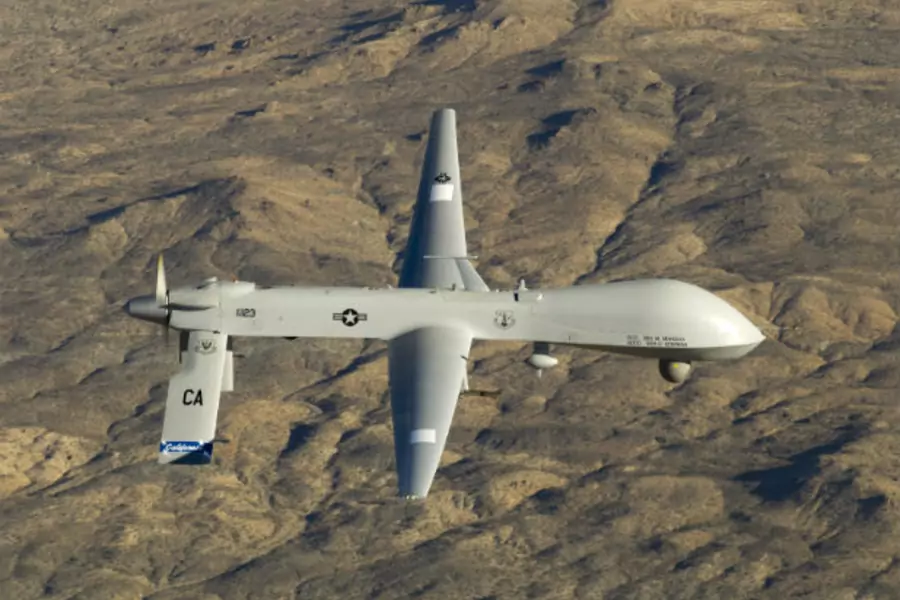More on:
President Obama announced in a letter to Congress that he deployed "approximately one hundred" U.S. military troops to Niamey, Niger to establish a drone base to survey the Sahel and the Sahara. This base, which could eventually host up to three hundred U.S. troops, contradicts earlier administration assurances that there would be no U.S. boots on the ground. There has been limited U.S. surveillance of the region before, using light aircraft. However, a drone base dramatically ups the visibility–and the ante.
It is much more significant than the one hundred U.S. forces helping east and central African governments try to overcome the Lords’ Resistance Army. The drone base, and the U.S. military and other personnel needed to support it, will be located in one of the poorest countries in the world. “Mission Creep” is probably inevitable, not least because the lack of infrastructure will require the Americans to provide high levels of support for their military personnel. The drone base is likely to get bigger, even if its mission remains surveillance only.
This decision associates the U.S. directly with regional governments that are weak, and alienated in many cases from the people they ostensibly govern. The region is also the venue for frequent military coups. Further, there are no historical ties between the U.S. and the region–unlike France–and there are no significant American interests in the conventional sense.
Why did the administration take this step? Those of us outside the administration can only speculate. The French, who are much closer American allies around the world than American popular opinion acknowledges, probably encouraged it. The government of Niger probably welcomed it. The recent spate of kidnappings in the region probably added urgency. But the fundamental motivation for the drone base appears to be U.S. fear–there is no other word–of the quasi criminal networks that have adopted the al-Qaeda brand. These groups struggle amongst themselves for control of smuggling routes, and such popular support they have seems to reflect popular alienation from bad governance. They are primarily the product of local circumstances, and, up to now, have posed no threat to the United States.
That may change. The drone base associates the U.S. in a highly visible way with the corrupt governments of the region. It will be easy to represent the drone bases as yet another element of the alleged American war against Islam.
Now that there are boots on the ground, it is difficult to foresee an end to the U.S. presence any time soon.
So, the U.S. is now visibly involved militarily in another African theater. It is ironic that the day of the president’s letter to Congress, the newspapers in Washington and New York were dominated by stories about the likely upcoming sequestration that includes dramatic cuts in the budget of the Department of Defense.
More on:
 Online Store
Online Store
